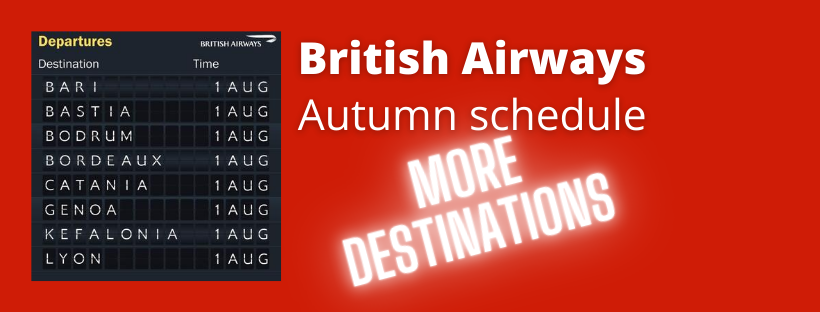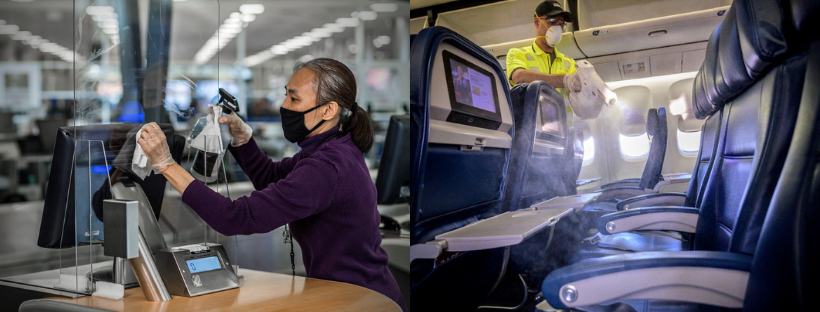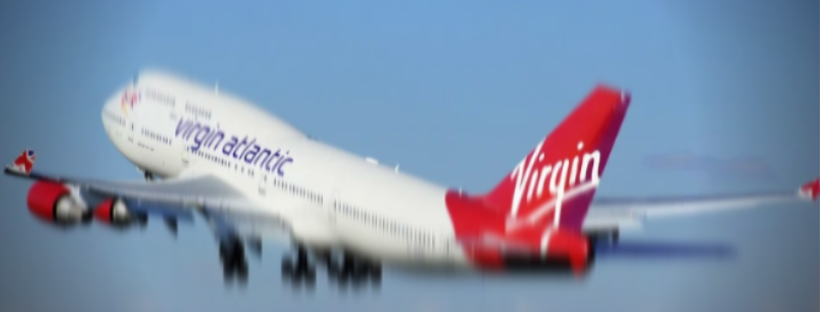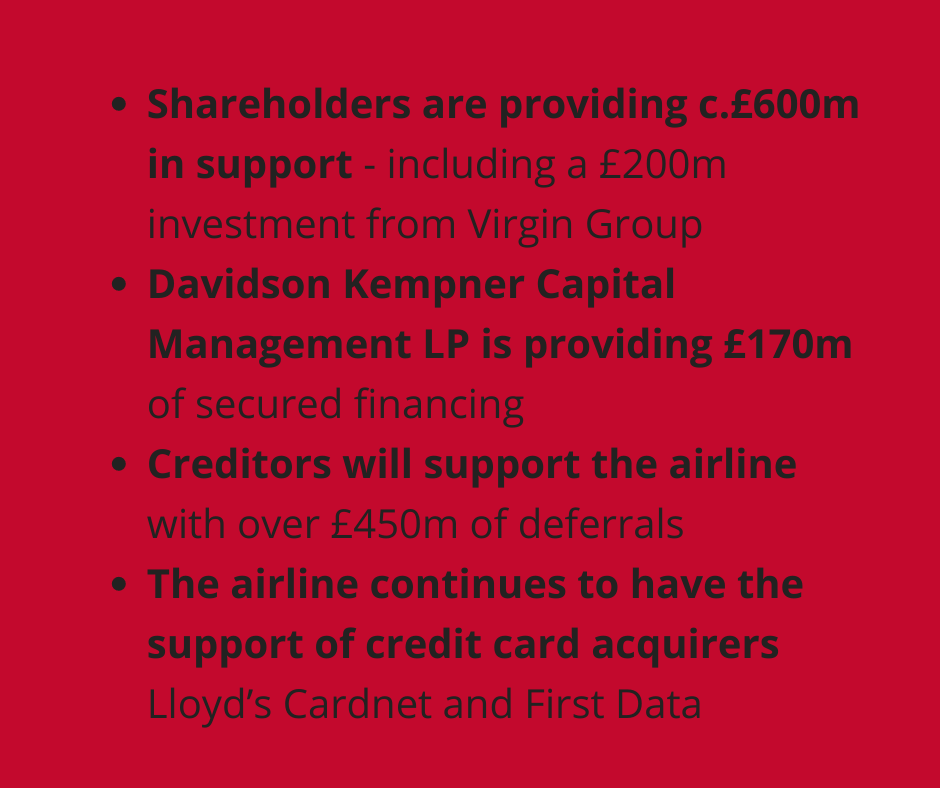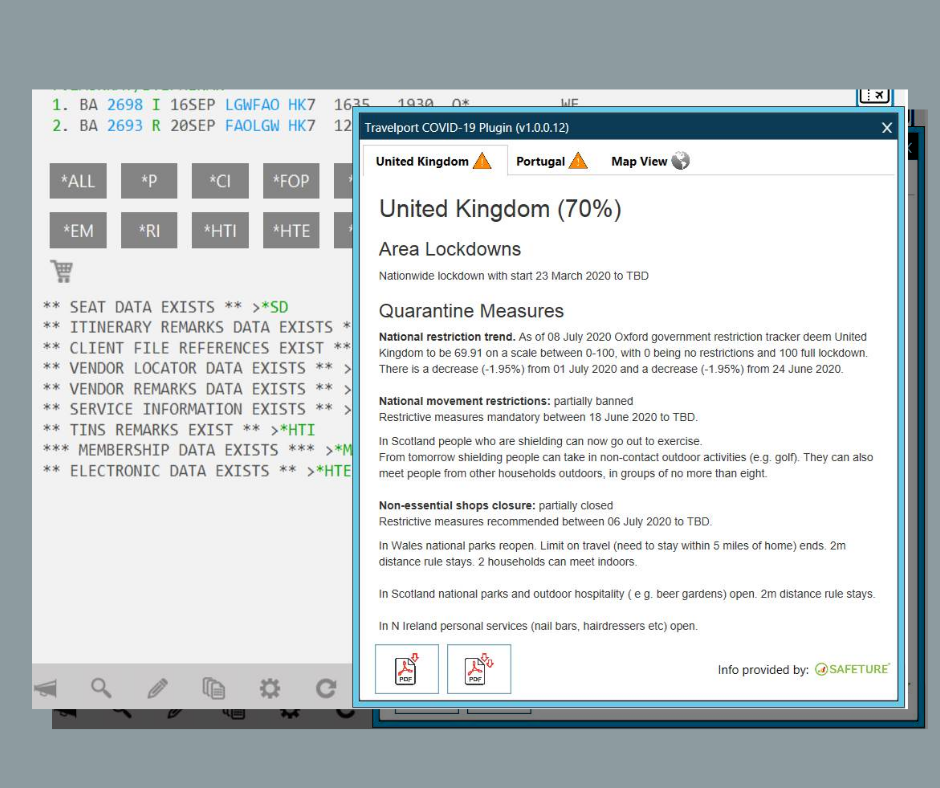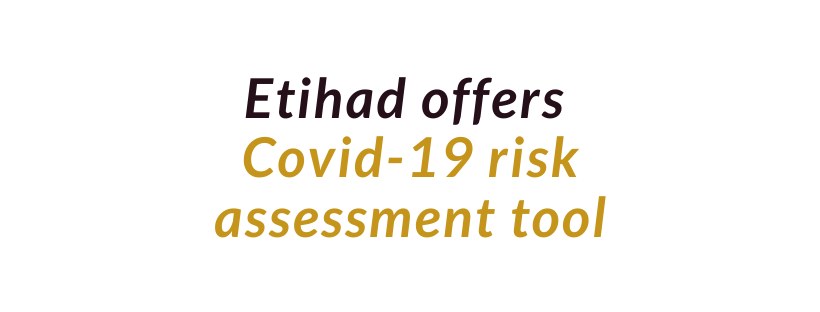British Airways brings back more flights in August
Throughout August, British Airways is resuming flying to more destinations.
In Europe the airline will resume flights to Bari, Bastia, Bodrum, Bordeaux, Catania, Figari, Frankfurt, Genoa, Kefalonia, Lyon, Luxembourg, Malta, Paphos and Pula, while further afield Antigua, Islamabad and Nairobi join the long-haul line-up.

Flights currently start from as little as £31 each way to Europe. Customers whose flights were affected over recent months and who claimed a voucher can use it towards the flights. Alternatively, Avios can also be used towards Reward flights, upgrades, hotels and car rental. When using Avios part payment, customers can pick from a range of savings by destination and cabin and they still collect Avios and Tier Points on their booking.
Alex Cruz, British Airways’ chairman and CEO, said:
We’re gradually returning to more of our network and will be flying to some great holiday destinations over the summer with seats from as little as £31 each way.
We know people want to be able to book with confidence, so we’ve introduced a range of flexible booking options to set their minds at rest, such as being able to change a booking free of charge or cancel and receive a voucher for travel at a later date.
British Airways’ has introduced a range of measures, which it requires customers and crew to abide by. These include:
- Checking-in online, downloading their boarding pass and where possible self-scanning their boarding passes at the departure gate
- Observing social distancing and using hand sanitisers that are placed throughout airports
- Wearing a facemask at all times and bringing enough to replace them every four hours for longer flights
- Asking customers not to travel if they think they have any symptoms of Covid-19
- Cabin crew wearing PPE and a new food service, which reduces the number of interactions required with customers
- Asking customers to ensure they have everything they need from their hand luggage before departure, and where possible, storing their carry-on bag under the seat in front of them
The airline is cleaning all key surfaces including seats, screens, seat buckles and tray tables after every flight and each aircraft is completely cleaned from nose to tail every day. The air on all British Airways flights is fully recycled once every two to three minutes through HEPA filters, which remove microscopic bacteria and virus clusters with over 99.9% efficiency, equivalent to hospital operating theatre standards.
If your business travel plans take you to cities served by British Airways, contact your GTM Account Manager for the latest schedules, fares and availability.

